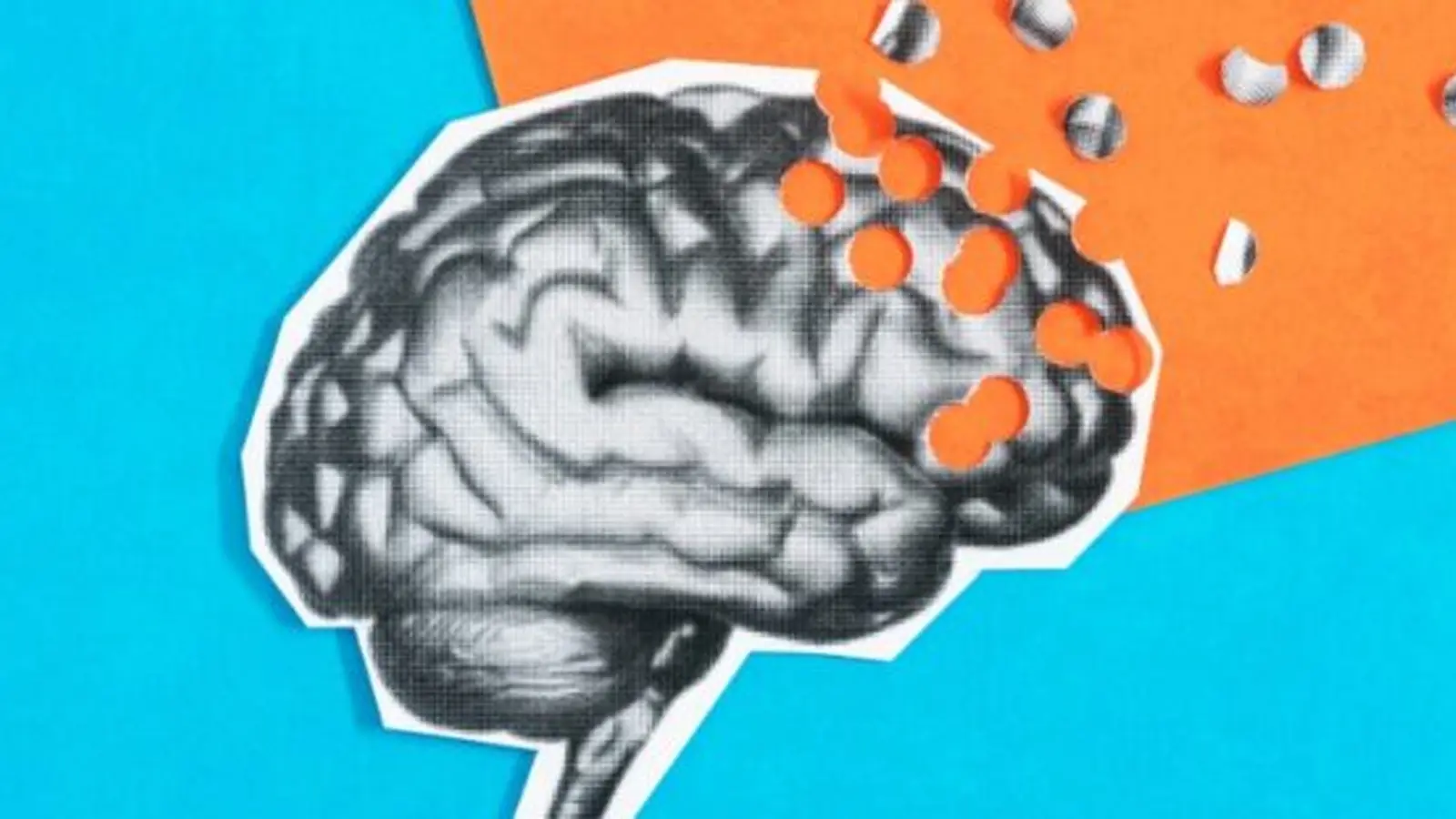4 Minutes
Nutrition, inflammation, and brain vascular health
What we eat plays a measurable role in brain health. Emerging research connects diet to two key biological processes implicated in Alzheimer's disease (AD): chronic neuroinflammation and cerebral vascular health. Neuroinflammation refers to long-term activation of the brain's immune response, which can harm neurons and synaptic connections. Vascular health in the brain involves the integrity and function of blood vessels that deliver oxygen and nutrients; impairments here increase risk for cognitive decline and dementia.
A healthy eating pattern need not be experienced as restriction. Framing dietary change as an investment in sustained independence, mental clarity, and energy helps people adopt and maintain habits that protect cognition over decades. The Mediterranean diet — rich in vegetables, fruit, whole grains, legumes, fish, olive oil, and moderate nuts and wine — is consistently associated with lower markers of inflammation and better vascular outcomes, both of which align with reduced AD risk in observational and interventional studies.
SHIELD framework: a practical, research-backed prevention approach
The SHIELD framework distills complex neuroscientific findings into an actionable prevention plan. While it does not promise a cure, SHIELD emphasizes realistic lifestyle modifications grounded in current evidence: nutrition, physical activity, sleep quality, cognitive engagement, vascular risk management, and social connection. These components target multiple mechanisms tied to AD, including inflammation, vascular dysfunction, metabolic stress, and synaptic resilience.
Components that matter
- Nutrition: Prioritize anti-inflammatory foods and healthy fats. Limit processed sugars and excessive saturated fats.
- Exercise: Regular aerobic and resistance training improves vascular function and neurotrophic signaling.
- Sleep: Adequate, consistent sleep supports waste clearance systems in the brain (glymphatic function), which may reduce protein build-up associated with AD.
- Vascular risk control: Managing hypertension, diabetes, and cholesterol protects cerebral blood flow.
- Cognitive and social engagement: Mental stimulation and social networks build cognitive reserve, delaying symptomatic decline.

By simplifying the underlying science, SHIELD offers a practical roadmap for individuals and clinicians to reduce modifiable risk. Until disease-modifying cures are available, prevention remains the most powerful strategy we have to lower population-level AD incidence.
Implications, research context, and future prospects
The projection that over 130 million people might be living with Alzheimer's by 2050 is a call to action, not a deterministic forecast. Strategic public health policies and widespread adoption of lifestyle interventions could materially alter that trajectory. Ongoing clinical trials are testing combinations of dietary, exercise, and vascular interventions to quantify how much risk can be reduced. Advances in biomarkers and neuroimaging allow earlier identification of high-risk individuals, enabling targeted prevention.
Technology and precision nutrition will likely enhance these efforts. Digital tools for monitoring diet, sleep, and physical activity can personalize SHIELD-style programs. Meanwhile, translational research into anti-inflammatory and vascular-targeted therapeutics complements lifestyle strategies.

The Mediterranean diet has been linked with a decrease in Alzheimer's disease.
Expert Insight
'Dr. Maria Alvarez, a neurologist and preventive medicine researcher, notes: "Prevention of Alzheimer's is multifactorial. Diet is a cornerstone because it influences inflammation and vascular health simultaneously. The Mediterranean pattern isn't a strict prescription; it's a template for prioritizing whole foods, healthy fats, and consistency.'"
'She adds: "When people adopt several evidence-based behaviors together — improved diet, regular exercise, sleep hygiene, and vascular risk control — the combined effect can be greater than any single change.'"
Conclusion
Alzheimer's disease is not an inescapable fate. Scientific evidence links diet, inflammation, and cerebral vascular health to AD risk, and frameworks like SHIELD translate that science into achievable steps. By treating lifestyle change as an investment in long-term cognitive resilience and by scaling preventive policies and research, we can work to protect millions of minds and memories over the coming decades.
Source: sciencealert


Leave a Comment